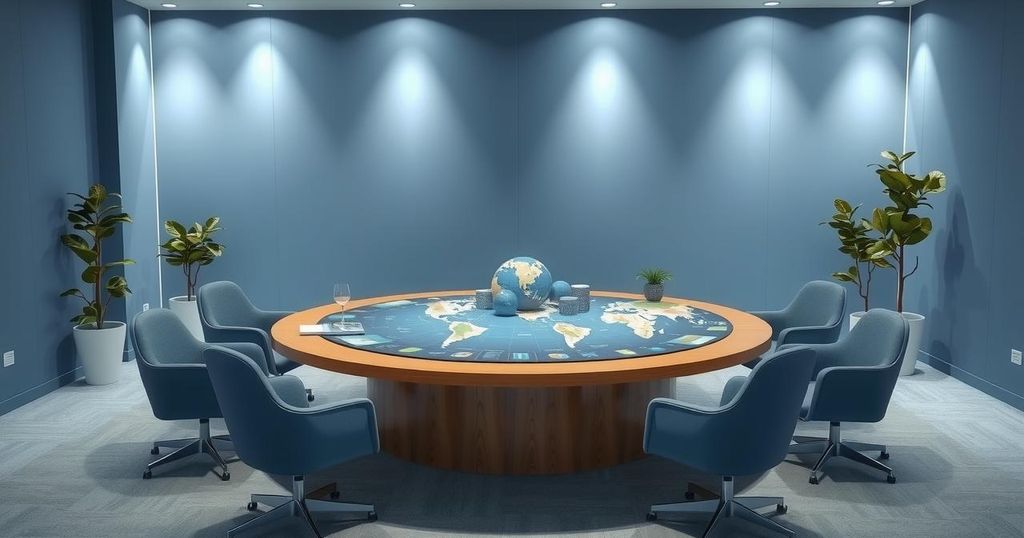World news
AND, ANDRIY SYBIHA, ASIA, BAE, BIDEN ADMINISTRATION, CHO, CHO TAE - YUL, CHOSUN ILBO, DEFENSE, ENERGY INFRASTRUCTURE, EUROPE, EUROPE/ASIA, KOREA, SOUTH, KOREAN PEOPLE ’ S ARMY, KOREAN SOLDIERS, KURSK, KURSK OBLAST, MILITARY, MILITARY COOPERATION, RI, RUSSIA, SEOUL, STAFF, UKRAINE, WAR
Ethan Kim
0 Comments
South Korea and Ukraine Engage in Repatriation Talks for North Korean Soldiers
South Korea and Ukraine are negotiating the repatriation of captured North Korean soldiers. South Korean officials are open to accepting two POWs if they wish to move to South Korea. Interviews with the soldiers reveal their affiliation with the Reconnaissance General Bureau, not the previously rumored special operations forces.
Discussions have taken place between South Korea and Ukraine concerning the repatriation of North Korean soldiers who were captured by Ukrainian forces. These negotiations were confirmed by the South Korean news agency Yonhap. South Korean Foreign Minister Cho Tae-yul communicated with his Ukrainian counterpart, Andriy Sybiha, indicating that South Korea is prepared to accept two North Korean prisoners of war (POWs) should they express the desire to relocate to the country.
Reports on these discussions initially surfaced in January 2025, emphasizing that under South Korea’s constitution, the entire Korean Peninsula is considered its territory. This legal framework treats all residents of North Korea as South Korean citizens. Therefore far, the captured soldiers have not indicated any intention to seek transfer to South Korea.
On February 19, the South Korean newspaper Chosun Ilbo released interviews with the captured North Korean soldiers identified as Ri, a 26-year-old sniper-reconnaissance officer, and Baek, a 21-year-old rifleman. They disclosed their affiliation with the Reconnaissance General Bureau (RGB), North Korea’s military intelligence agency, disputing earlier claims that they were part of the 11th “Storm” Corps, a segment of North Korea’s special operations forces. The specifics regarding their unit distinctions remain ambiguous, although it is suggested that certain RGB units may have been integrated into or reassigned to special operations forces due to military reforms during the ongoing conflict in the Kursk oblast.
In summary, the dialogues between Ukraine and South Korea concerning the repatriation of North Korean soldiers highlight the complexities of international relations and military affiliations. With South Korea’s constitutional claims recognizing all North Korean residents, these discussions underscore broader geopolitical dynamics. Although no soldiers have requested relocation thus far, the ongoing situation remains significant for both nations involved.
Original Source: mil.in.ua




Post Comment